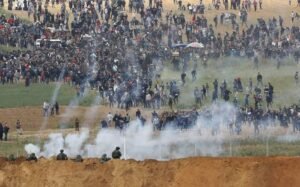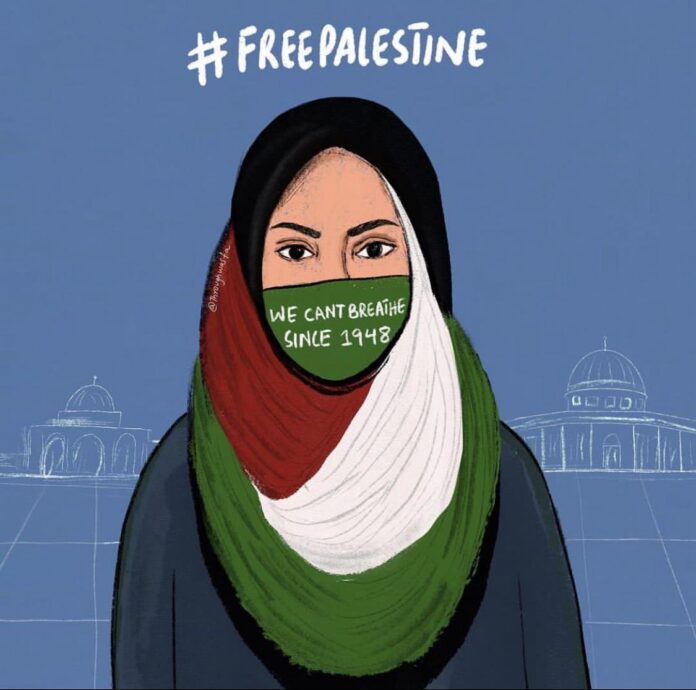The Israel-Palestine conflict has long been a topic that sparks impassioned debates and discussions across the globe. In recent times, however, there has been a noticeable shift in the way some white individuals have engaged with the issue. This exploration delves into the stark contrast between their silence during certain moments of the conflict and their sudden outspokenness, offering an opinion on this transformation.
For many months, the world witnessed the devastating journalists conflict in which over 250 Palestinians lost their lives, while silence seemed to be the response from the majority of white people. The question arises: Where were they during this time? Their silence seemed to stem from their desire to avoid getting involved in a politically charged issue, considering it too complex and multifaceted. It was as though they did not want to engage when Palestinians were the victims, when they were on the defense, and Israel was on the offense.
It is indeed perplexing that when Palestinians were peacefully protesting at the Gaza border, met with violence from Israeli forces, many remained silent. Ambulances were targeted, journalists killed, yet there was an eerie lack of condemnation from white communities. The contrast in reactions, depending on which side was perceived as the aggressor or defender, is a glaring inconsistency.

The narrative takes a sharp turn when Palestinians are seen as being on the offensive, and Israel on the defense. Suddenly, a multitude of white individuals seem to have gained PhD-level knowledge in Palestinian Middle Eastern Studies. They morph into seasoned senior critics of Palestine, and their voices resonate loudly. This shift in perspective raises questions about the motivation behind their newfound expertise.
The most striking aspect of this phenomenon is the stark double standard applied by some white individuals. When brown people are on the defense, it is deemed a political matter. When white people are on the defense, it is framed as a humanitarian issue. Terrorism and extremism are words that come to the forefront, and unwavering support for Israel is expected. The hypocrisy in this approach is evident, and it leaves one pondering the fairness of such a stance.

The power of social media cannot be underestimated in this discussion. Even individuals who have never spoken a word about Palestine suddenly find their Instagram stories inundated with anti-Palestinian propaganda. They stand with Israel, advocate for peace, and change their profile pictures to display the Israeli flag. The question arises: why the sudden zeal for Israel, and why does the Palestinian perspective not receive similar attention?
It is important to acknowledge that not all white individuals share this perspective. Many have been pro-Palestine and vocal about their stance from the beginning. Their support is greatly appreciated. However, the vast majority that remained silent during moments of Palestinian suffering now finds themselves in a position to pass judgment on how Palestinians should resist. This is a profound inconsistency that warrants examination.
The transformation from silence to outspokenness on the Israel-Palestine conflict is a topic of concern and curiosity. While it is essential to appreciate those who have consistently supported the Palestinian cause, it is equally vital to question the motives behind the sudden surge in activism when the narrative shifts. The double standards, selective outrage, and newfound expertise raise questions about the true nature of this engagement. It is important for all individuals, regardless of their background, to approach complex geopolitical issues with consistency, empathy, and a genuine desire for peace and justice for all parties involved.


